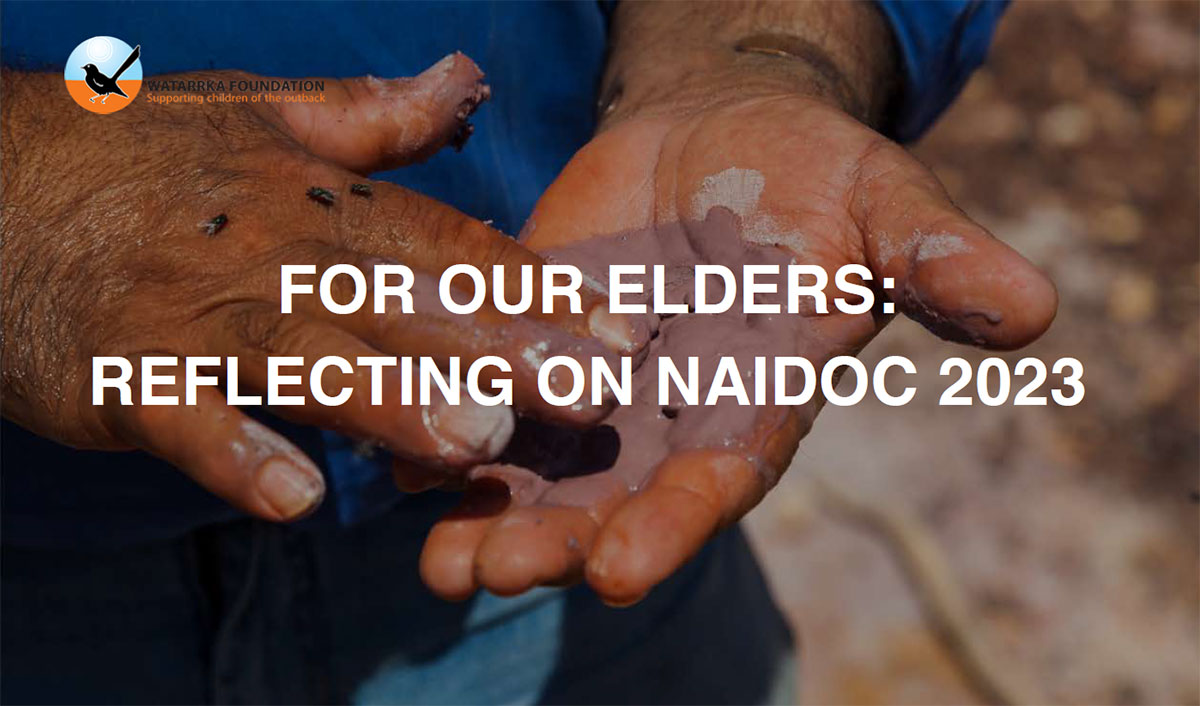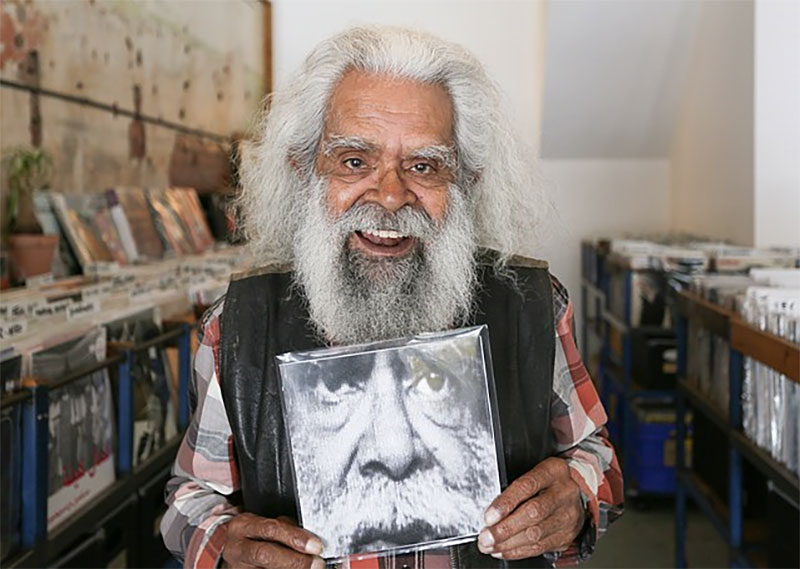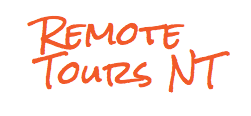
NAIDOC Week celebrations are held across Australia every year in the first week of July to celebrate and recognise the history, culture and achievements of Aboriginal and Torres Strait Islander peoples.
NAIDOC stands for 'National Aboriginal and Islanders Day Observance Committee', and has its roots in Aboriginal rights groups formed in the 1920s who protested against the oppressive treatment of Indigenous Australians each year on January 26. It was originally a Day of Mourning, which then became a week-long celebration of Indigenous culture in 1975.
Each year, NAIDOC Week is centred around a theme, this year's theme was For Our Elders.
Elders are highly respected Aboriginal and Torres Strait Islander people who are honoured by their communities and regarded as custodians of cultural knowledge, teachers, community leaders and story holders. It is important to note that age alone does not usually determine whether someone is recognised as an Elder. Eldership is earned through service to ones community and culture.
The role of Elders is unique to each community. They are often responsible for sharing, maintaining, and restoring cultural connections, such as those between people, country, and culture. Many communities do not have one single ‘leader’ and may have many Elders, all with equal standing. The passing down of knowledge and lore to younger generations is an integral part of Eldership:
Any laws they had, the old people, that was all given to me too, the law and that. When I came to be a man they gave me everything. My culture. Now I'm still doing it. I'm teaching the young fellers the culture, making boomerangs, corroborees, initiation ceremonies, all these sorts of things. It's all culture belonging to my people and we can't chuck it away. (Paddy Roe, Goolarabooloo Elder of the Nyigina Nation)
It is common for Elders to be activists who fight for the rights of Indigenous peoples, and they may speak on behalf of their communities in negotiation with government bodies or corporations on matters of Indigenous affairs.

Above: Uncle Jack Charles, actor, Indigenous activist and advocate, winner of the
NAIDOC Male Elder of the Year award in 2022.
Elders are essential to the wellbeing of Indigenous communities and the preservation of Indigenous cultural knowledge. They play an important role in supporting the cultural, social and emotional well-being of Aboriginal people.
In an article titled "Older Indigenous Australians: their integral role in culture and community", Dr Jeni Warburton says that:
It could be argued that Indigenous Australians exist today because of the strength and determination of past Elders to fight for the survival of their people and culture.
In a population that is disproportionately disadvantaged in areas of physical and mental health, employment and education, and is subject to ongoing racial prejudice, Elders are essential in strengthening the social and spiritual bonds of community and supporting community members with the struggles that they may face in broader society.
Through supporting Elders and amplifying their voices, we can support Indigenous communities.
To support the Foundation and our projects within the Northern Territory, make a donation at www.givenow.com.au/watarrkafoundation






Copyright © 2026 All Rights Reserved | Privacy | Terms & Conditions